Well in my timeline the US ends up looking like idealized/theme park version of OTL 50's but peel back the layers and it becomes clear it's basically Fallout's America or the Coalition of Western Republics. MacArthur was just smart enough to maintain a facade of Democracy, mixed with improved living conditions and bread & circus.Murphy was destitute as fuck, and the fact of the matter is that that the CSA is likely the best choice for him, because the AUS is borderline Nazi and the US is now a military junta.
You are using an out of date browser. It may not display this or other websites correctly.
You should upgrade or use an alternative browser.
You should upgrade or use an alternative browser.
Photos of the Kaiserreich
- Thread starter pattontank12
- Start date
Redshank Galloglass
Banned
It could go either way IMO, MacArthur was unpredictable as fuckWell in my timeline the US ends up looking like idealized/theme park version of OTL 50's but peel back the layers and it becomes clear it's basically Fallout's America or the Coalition of Western Republics. MacArthur was just smart enough to maintain a facade of Democracy, mixed with improved living conditions and bread & circus.
Yes. He is already absent from KRDH as well.I know he dies in 1916, but I was fairly certain Connolly lives in the KR canon. Did this get retconned?
Redshank Galloglass
Banned
Fair enough, I'll delete that bit.Yes. He is already absent from KRDH as well.
Redshank Galloglass
Banned
Yes, I agree that every man should be a king. That's why I support Jack Reed and the Combined SyndicatesFake news. Every man a king.
Also, I hope you liked my F U L L C O M M U N A L H I G H L A N D S C O T T I S H S Y N D I C A L I S M post.
Bulldoggus
Banned
Highlanders are tartan Anglos. Only the Taffies are true Celts.Yes, I agree that every man should be a king. That's why I support Jack Reed and the Combined Syndicates
Also, I hope you liked my F U L L C O M M U N A L H I G H L A N D S C O T T I S H S Y N D I C A L I S M post.
Redshank Galloglass
Banned
Highlanders are tartan Anglos. Only the Taffies are true Celts.
"Tartan Anglos"
"Anglos"
GET TAE FUCK ENGLISH CUNT REEEEEEEEE
Actually the Welsh are likely more Anglo-Saxon than the Scots simply because of their large and expansive time being an English client state.
Bulldoggus
Banned
Just admit that I’m probably more than a Celt than you are..."Tartan Anglos"
"Anglos"
GET TAE FUCK ENGLISH CUNT REEEEEEEEE
Actually the Welsh are likely more Anglo-Saxon than the Scots simply because of their large and expansive time being an English client state.
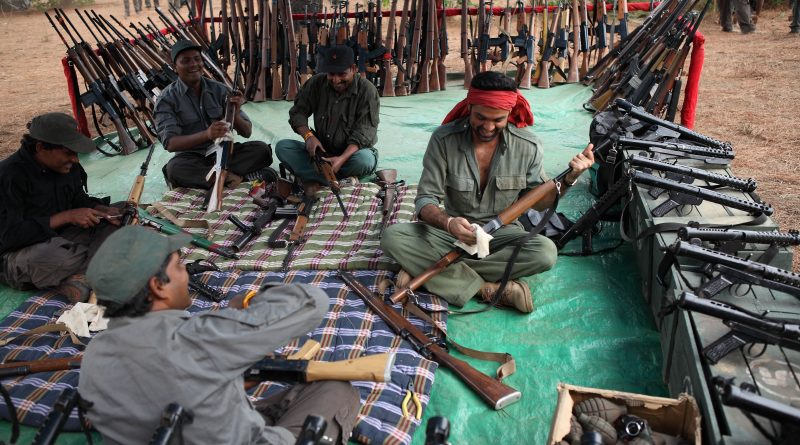
Indonesian Syndicalist rebels cleaning their guns in the mountains of Sumatra (2015)
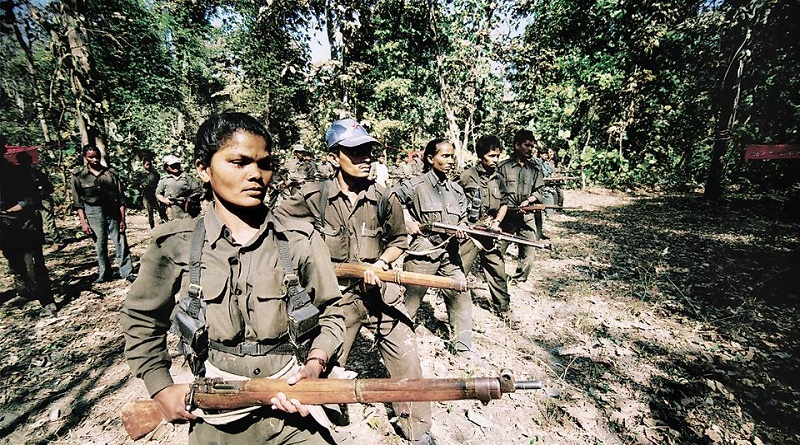
Indonesian Syndicalist rebels posing for a photo during drills, location unknown (2013)

Batavia, capital of the only Brussels Pact state in Asia, Indonesia(2016.) After the occupation of the Netherlands by the Commune of France, the Royal Family fled to Batavia until the Japanese invaded Java and they had to flee once more to Dar Es Salaam in Mittelafrika, where they stayed until Wilhelmina herself braved the treacherous journey back to Germany during the liberation of the Netherlands from the Sorelian regime. The Dutch East Indies was occupied until the surrender of Japan, and in 1946 was granted independence as the Kingdom of Indonesia, with Queen Wilhelmina on its throne. Although republican and especially syndicalist rebels plague the rural areas of Indonesia to this day, a strong German military presence has prevented any violent changes in government.
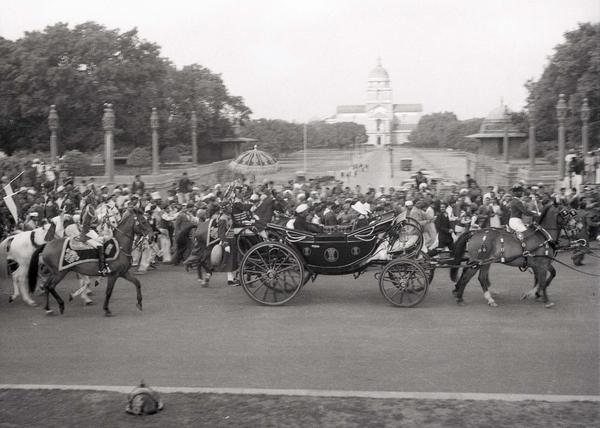
Royal Procession in Batavia before the coronation of Juliana in 1950. The first monarch of Indonesia coronated in both the Netherlands and Indonesia and the first to swear in with a Koran and to speak the coronation oath in both Dutch and Indonesian. Her assassination in 1958 during her second visit to Indonesia provoked a marked turn in public opinion against republicanism and syndicalists, with riots in Hindu neighborhoods and mobs lynching Hindus who were thought to be Indian agents.
Chinese Imperial Jaegers show off their close combat skills in an exhibition match for civilians. (2016)

Imperial Gendarmes landing in Triad compound during crackdown on organized crime (1998)
Victory Day Parade in Guangzhou, celebrating the defeat of the Japanese in 1946. As the Xibei had only just secured most of China during the Japanese invasion from the north, they were reliant on arms from America, Germany, and Britain. One of the most effective pieces of equipment sent to China was the T45 heavy tank "DeLeon" seen above with post-war modifications. Sent near the end of the war and seeing action in only a few battles, the DeLeon was impervious to all Japanese anti-tank arms and could only be disabled by mines or heavy artillery. Its remarkable maneuverability for a heavy tank foreshadows the design of post-war Main Battle Tanks.

Fistfight during a legislative session of the Imperial Legislative Yuan in 2009. Provoked by the passing of a bill by the Kuomintang legalizing syndicalist parties, the Qinmintang opposition's delegates stormed presidium where the Prime Minister sat. The bill, eventually vetoed by Emperor Ma Jiyuan, would have increased the grip of the social democrat Koumintang on the legislature, as the syndicalist parties would have almost certainly caucused with the Koumintang.
Redshank Galloglass
Banned
Irishmen who want the Republic back in the Kingdom forfeit their Celt cardJust admit that I’m probably more than a Celt than you are...
And I don't know your ancestry other than you have Irish in you, which I do as well.

The Duke of Yansheng, Kong Chuícháng, presiding over a Confucian ritual in Mukden. The Duke of Yansheng is the direct descendant of Confucius and an important figure in China. Kong Chuícháng's predecessor Kong Déchéng's endorsement of Ma Bufang provided much-needed legitimacy to the Hui Emperor.

The Kong Miao, or Temple of Confucius in Qufu. The historic manor and temple of Confucius himself, today is it open to the public and supported by Imperial funds. Although property of the Duke of Yansheng, the Duke mainly presides in Xian, in close proximity to the Emperor.

An aerial view of the temple complex and mansion.
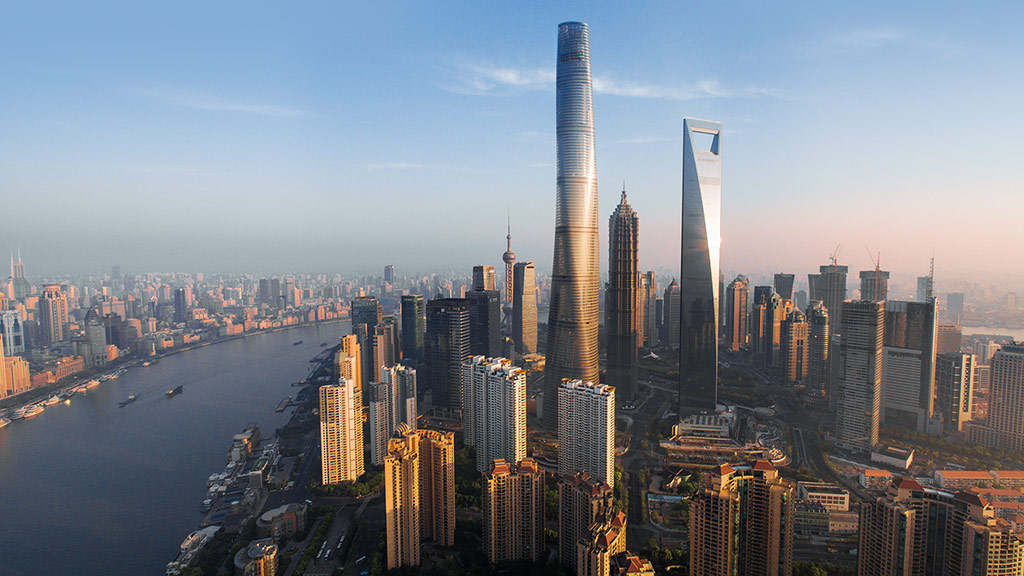
Image of Shanghai from the air, (2017.) After the near-total destruction of Shanghai during WK2, the Hui government let Shanghai lay fallow for the next fifteen years while they asserted control over China and re-organized the government and economy. After the ascension of Ma Jiyuan as Emperor, the country was revitalized with foreign investment as the Emperor played the Brussels Pact and the Internationale off each other by threatening alignment with the opposite side if trade were restricted. Shanghai became the primary port for trade with the Internationale as a Special Economic Zone, where labor laws and property rights were aligned to be within Internationale guidelines.

View of Hong Kong(2014,) the primary port for trade with the Brussels Pact. Another Special Economic Zone, Brussles Pact goods that travel through Hong Kong-Shenzhen are not subject to most of the tariffs or customs regulations that other foreign goods are. This prompted wild growth in the area, making Hong Kong famously dense.
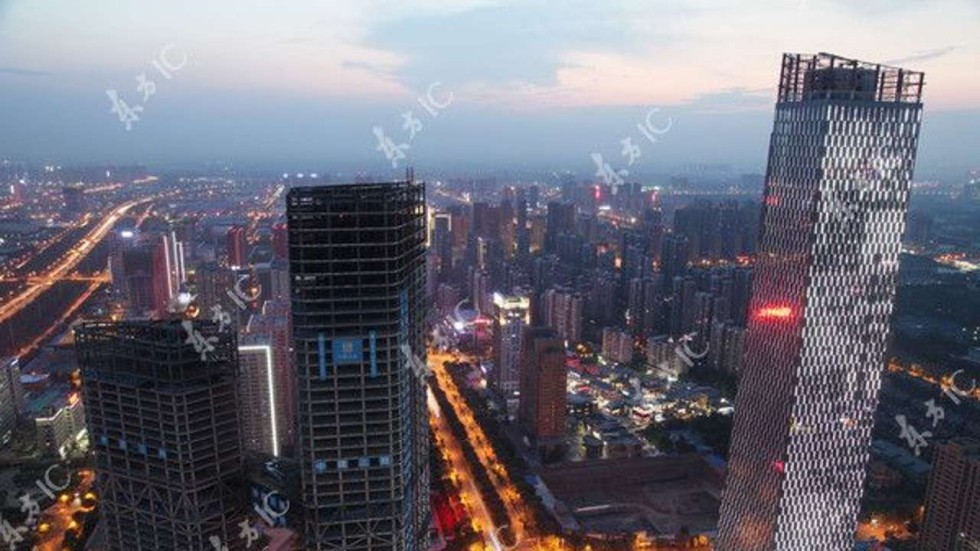
Xian, capital of the Hui Dynasty. After the Xibei unification of China and defeat of Japan, Ma Bufang officially made his capital Xian, the most muslim major city in China. His proclamation of a new empire came soon thereafter and provoked the Second National Protection War, which lasted only six months thanks to Ma Bufang's patronage of the powerful Koumintang.
In my timeline, the Entente broke up after the Republic of France joined the Mediterranean Pact, which was followed shortly by the invasion of New England and Canada by the CSA and the Raj by Totalist Bharatiya. The Second Weltkrieg soon followed, along with the Japanese NatPop regime's invasion of China and Mitteleuropan Pacific possessions and Hawai'i. The invasion of Hawai'i caused the Combined Syndicates to declare war, but with most of the American Navy at the bottom of the Gulf of Mexico, they couldn't strike back quite yet. The Mediterranean Pact merged with Mitteleuropa after Commune troops crossed the Rhine and the Savinkov regime invaded Ukraine, forming the Brussels Pact. This resulted in the Third Republic returning to the Metropole and Britain signing a Second Peace With Honor with American mediation.
Xibei managed to defeat both Mongolia and Tibet through luck and good leadership, giving Russia their old territory to appease Savinkov. The battle-hardened Xibei troops participated in the invasion of the Shangqing with the Qing and split the territory. Long Yun, Warlord of Yunnan and Sichuan, threw his support behind Ma Bufang as an anti-Qing alliance. Upon the invasion of China, the Germans quickly lost Indochina to Indian-sponsored revolution and the AOG was thrown into civil war. Ma Bufang used this opportunity to betray Long Yun while he was fighting against the AOG in southern China, quickly seizing the province of Sichuan and denying Long Yun his resource base. The AOG soon collapsed from Japanese invasion and rebellion and Ma Bufang offered any AOG representatives asylum, at the same time seizing their de jure territory controlled by Long Yun. Japan and Ma Bufang were legally at war, as the Xibei were technically part of the Empire, but Ma Bufang made no major moves against Japan until the Qing were almost defeated. With the Ma controlling Guangzhou, Sichuan, Yunnan, the Western Provinces, and Mongolia, they were more powerful than the war-exhausted Qing. With the Internationale unable to project naval power across the Pacific, they looked for another method to fight the Japanese, and the Ma presented them with one. With the Koumintang negotiating, the Internationale started sending arms through Burma in the Bharatiya Commune. Some of it made it the Qing, but the last majority went to the Xibei, who promised to restore the Republic after the defeat of Japan. Ma Bufang was very crafty, though, and saw the way the war was turning. The British and the Americans both had far more capacity to build ships than the Japanese, and the Brussels Pact had just defeated the Commune, giving the Germans a one front war. Bufang stalled in his offensive against the Japanese, claiming he did not have enough equipment or air power to proceed, or that he needed time to restore railroad, etc. Soon enough, the Qing Emperor Puyi was captured and forced to sign a surrender. Ma Bufang had prepared for such and eventuality, and made an announcement over the radio that China would not submit to foreign invaders and for any Qing troops who still loved China to join him in his resistance against the Japanese invaders. Of course, most Qing troops, harried by constant retreats and losses, surrendered anyway, but the public and international opinion of Ma Bufang couldn't be higher. With no Qing forces to support, the Germans started supplying the Xibei also. The use of the Burma Road to support China and co-belligerence against Japan and Russia was a part of the Second Peace With Honor.
The United Nations eventually defeated Japan and Russia, with Indonesia going back to the Netherlands and the Philippines and Hawai'i going back to America. The Savinkov regime was replaced with a liberal republic that was supposed to be constitutionally neutral, but ended up very much in the Brussels Pact sphere. Japan became another liberal republic, but was soon taken over by syndicalists in a very suspicious election that had nothing to do with the fact that America provided 80% of the occupying troops. Turkestan was formed as another neutral republic out of Russian Central Asia and soon came under Hui influence, as increasing numbers of Muslim states recognized Ma Jiyuan's claim of a new Caliphate.
The Tehran-Cairo Axis and Belgrade pact were both successful, dismantling the ancient and corrupt Ottoman and Habsburg empires. Neither alliance really participated in WK2, though they did join the United Nations against Russia and Japan near the end of the war. The Belgrade Pact and Axis both broke up after the end of the war. Iran and Turkey aligned against the Arab states, and Iron Guard Romania came under sanction from the Brussels Pact and the International for genocide against Roma, Jews, Hungarians, and Germans. This culminated in the 1952 Romanian Intervention, the last United Nations combined operation. Yugoslavia, now the very much top dog of the Balkans and largest contributor of troops, oversaw the installment of a liberal republic along the lines of the Russian state.
Brazil went syndicalist, and defeated the Argentina-Peru alliance with American aid. Colombia, Ecuador, the Caribbean Federation, and Dutch Guiana are the only capitalist countries left in South America.
The People's Republic of Indochina was invaded by the Siamese Empire in 1943 and by the time Germany and America made it across the Pacific, no one had the will to force Siam out. Siam, as the first Buddhist regime since the French invaded, was seen by the largely conservative populace of Indochina as liberators and many Vietnamese would side with the Emperor over nationalists and Syndicalists. Eventually, the Hui Empire would invade Indochina in support of Vietnamese nationalists, but persecution against Buddhists belied their true reason for invasion and soon public opinion turned against them. Eventually a peace was signed and the Emperor of Siam formed a series of regional parliaments reminiscent of OTL's UK to placate nationalists.
The world as of 2017 is in a Cold War between the Brussels Pact and the Internationale. By 2017, the Brussels Pact has instituted welfare states in most of its members and the Internationale has more liberalized political structures and economies. Some analysts say that the two sides aren't so different, but most people see it as a very black-and-white Capitalism vs Socialism conflict. Hui China leads among the non-aligned countries, with the former Axis and Belgrade Pact countries along with them, though Australasia and South Africa hold some importance. Although Egypt is not a member of the Internationale, the Sultan was overthrown by a section of the Socialist Muslim Committee and to this day, promotes syndicalist terrorism in places like Turkestan and Indonesia.
Xibei managed to defeat both Mongolia and Tibet through luck and good leadership, giving Russia their old territory to appease Savinkov. The battle-hardened Xibei troops participated in the invasion of the Shangqing with the Qing and split the territory. Long Yun, Warlord of Yunnan and Sichuan, threw his support behind Ma Bufang as an anti-Qing alliance. Upon the invasion of China, the Germans quickly lost Indochina to Indian-sponsored revolution and the AOG was thrown into civil war. Ma Bufang used this opportunity to betray Long Yun while he was fighting against the AOG in southern China, quickly seizing the province of Sichuan and denying Long Yun his resource base. The AOG soon collapsed from Japanese invasion and rebellion and Ma Bufang offered any AOG representatives asylum, at the same time seizing their de jure territory controlled by Long Yun. Japan and Ma Bufang were legally at war, as the Xibei were technically part of the Empire, but Ma Bufang made no major moves against Japan until the Qing were almost defeated. With the Ma controlling Guangzhou, Sichuan, Yunnan, the Western Provinces, and Mongolia, they were more powerful than the war-exhausted Qing. With the Internationale unable to project naval power across the Pacific, they looked for another method to fight the Japanese, and the Ma presented them with one. With the Koumintang negotiating, the Internationale started sending arms through Burma in the Bharatiya Commune. Some of it made it the Qing, but the last majority went to the Xibei, who promised to restore the Republic after the defeat of Japan. Ma Bufang was very crafty, though, and saw the way the war was turning. The British and the Americans both had far more capacity to build ships than the Japanese, and the Brussels Pact had just defeated the Commune, giving the Germans a one front war. Bufang stalled in his offensive against the Japanese, claiming he did not have enough equipment or air power to proceed, or that he needed time to restore railroad, etc. Soon enough, the Qing Emperor Puyi was captured and forced to sign a surrender. Ma Bufang had prepared for such and eventuality, and made an announcement over the radio that China would not submit to foreign invaders and for any Qing troops who still loved China to join him in his resistance against the Japanese invaders. Of course, most Qing troops, harried by constant retreats and losses, surrendered anyway, but the public and international opinion of Ma Bufang couldn't be higher. With no Qing forces to support, the Germans started supplying the Xibei also. The use of the Burma Road to support China and co-belligerence against Japan and Russia was a part of the Second Peace With Honor.
The United Nations eventually defeated Japan and Russia, with Indonesia going back to the Netherlands and the Philippines and Hawai'i going back to America. The Savinkov regime was replaced with a liberal republic that was supposed to be constitutionally neutral, but ended up very much in the Brussels Pact sphere. Japan became another liberal republic, but was soon taken over by syndicalists in a very suspicious election that had nothing to do with the fact that America provided 80% of the occupying troops. Turkestan was formed as another neutral republic out of Russian Central Asia and soon came under Hui influence, as increasing numbers of Muslim states recognized Ma Jiyuan's claim of a new Caliphate.
The Tehran-Cairo Axis and Belgrade pact were both successful, dismantling the ancient and corrupt Ottoman and Habsburg empires. Neither alliance really participated in WK2, though they did join the United Nations against Russia and Japan near the end of the war. The Belgrade Pact and Axis both broke up after the end of the war. Iran and Turkey aligned against the Arab states, and Iron Guard Romania came under sanction from the Brussels Pact and the International for genocide against Roma, Jews, Hungarians, and Germans. This culminated in the 1952 Romanian Intervention, the last United Nations combined operation. Yugoslavia, now the very much top dog of the Balkans and largest contributor of troops, oversaw the installment of a liberal republic along the lines of the Russian state.
Brazil went syndicalist, and defeated the Argentina-Peru alliance with American aid. Colombia, Ecuador, the Caribbean Federation, and Dutch Guiana are the only capitalist countries left in South America.
The People's Republic of Indochina was invaded by the Siamese Empire in 1943 and by the time Germany and America made it across the Pacific, no one had the will to force Siam out. Siam, as the first Buddhist regime since the French invaded, was seen by the largely conservative populace of Indochina as liberators and many Vietnamese would side with the Emperor over nationalists and Syndicalists. Eventually, the Hui Empire would invade Indochina in support of Vietnamese nationalists, but persecution against Buddhists belied their true reason for invasion and soon public opinion turned against them. Eventually a peace was signed and the Emperor of Siam formed a series of regional parliaments reminiscent of OTL's UK to placate nationalists.
The world as of 2017 is in a Cold War between the Brussels Pact and the Internationale. By 2017, the Brussels Pact has instituted welfare states in most of its members and the Internationale has more liberalized political structures and economies. Some analysts say that the two sides aren't so different, but most people see it as a very black-and-white Capitalism vs Socialism conflict. Hui China leads among the non-aligned countries, with the former Axis and Belgrade Pact countries along with them, though Australasia and South Africa hold some importance. Although Egypt is not a member of the Internationale, the Sultan was overthrown by a section of the Socialist Muslim Committee and to this day, promotes syndicalist terrorism in places like Turkestan and Indonesia.
Last edited:
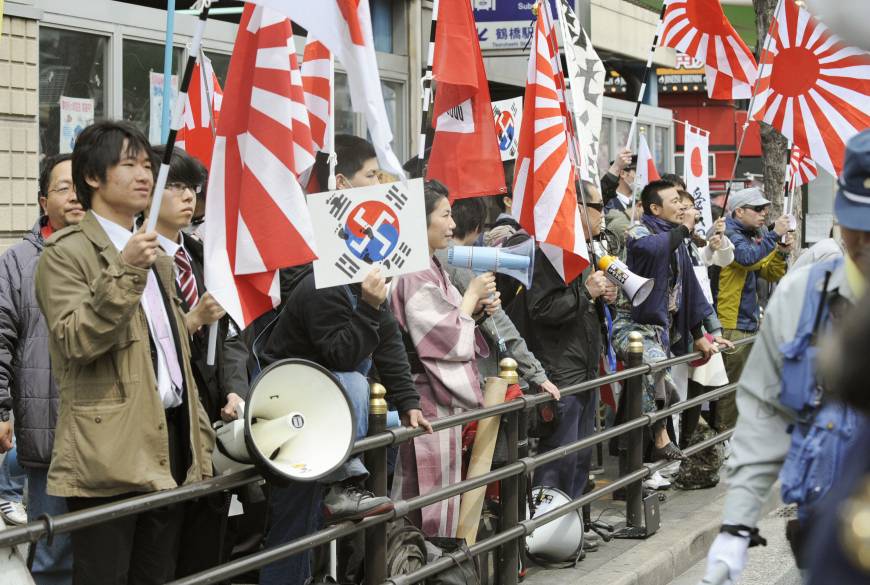
Anti-independence demonstrations in Keijo. Korean Independence is an hot potato in Japan since financial crisis in 2008. Before the referendum, there were 13 prefecture in Chōsen who tried to hold referendum.
Their slogan "Hell-chōsen again? We are fine as Japanese!"
the swastika is considered hate symbol in japan as it was symbol of an natpop group who tried to overthrow Empire in 1958.
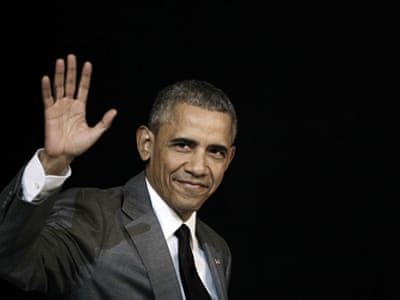
Mittelafrikan Bundeskanzler Mubarak Hussein aka Abu Umayma.
The former Ministerpräsident of Daressalam-Zanzibar was elected as Bundeskanzler after the win of the SPM, Sozialdemokratische Partei Mittelafrika, in the 2017 Bundestagswahl.
The son of the Grandmufti of Mittelafrika and a german mother is a posterchild for the success of Mittelafrikan Multi-Kulti. He studied economy and finance in the kaiserlische Akademie of Berlin and islamic law in Umm Alqurra, Mecca. Thanks to this and his work in the Afrikanische Bank he turned Zanzibar into the global center of islamic banking during his two terms as Ministerpresident. Also during his term Daressalam succeded in winning the bid for the 2020 olympic games.
He is expected to diversify the Mittelafrikan economy even more and strenghten intra-african trade and cooparation. Especially in space exploration.
He is an islamo-capitalist. Marxism is the enemy.
It's pretty obvious from your post, but I just love actually Muslim Barack Obama so much I want to see actually Communist Muslim Obama.
Share: